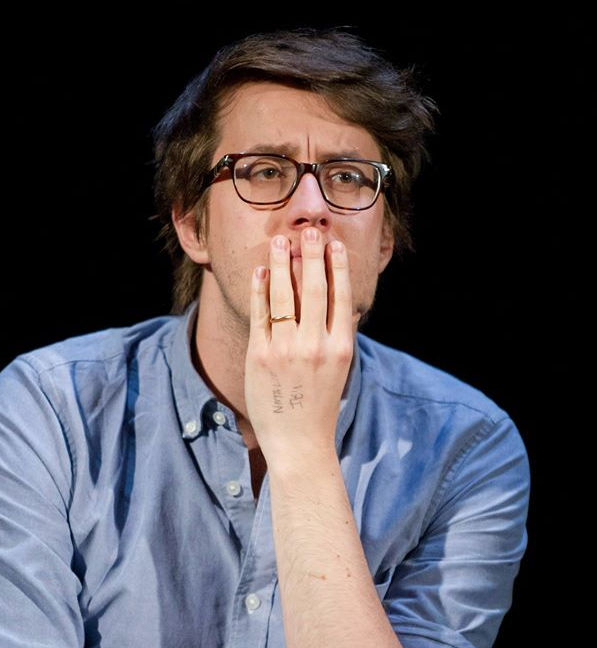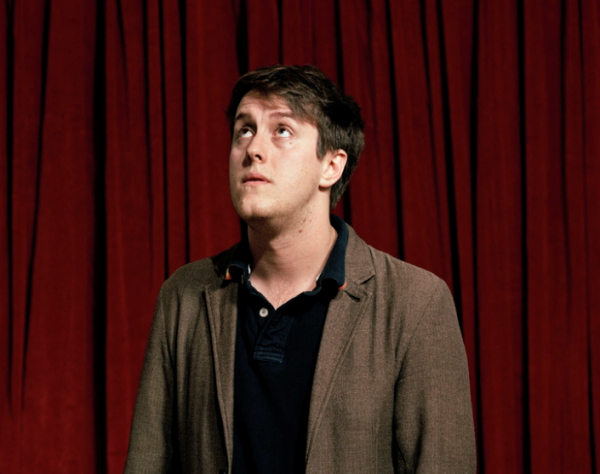The Art of Dying (Royal Court)

© Tristram Kenton
It is all the more personal in this instance in that it appears, in part, to be about the dying of the playwright’s own father. That the playwright, Nick Payne, not previously known as a performer, chooses to speak the text himself is testament to its veracity.
This is interwoven with the dying of two others; one, the wife of the American theoretical physicist Richard P Feynman, and therefore also to be taken as factual, and the other a (presumably) fictional character called Maggie Noonan of Milton Keynes.
Payne comes on stage with a pint of water, which he sips at intervals, punctuating the strands of his narrative. He sits on a centrally placed chair and doesn't move from it for the duration. He is unassuming, softly-spoken and has a slightly geeky habit of pushing his spectacles back into position with one finger. Everything about him says "I am not an actor" and this is both a strength and a weakness: a strength in that his directness of approach and plain delivery give his subject a heartrending simplicity; a weakness in that he never changes gear, or structures his performance as a more seasoned actor would.
"Everything about him says 'I am not an actor'"
But this is not a play for actorish tricks and the unvarnished approach pays dividends. The fact that we are constantly aware we are watching a writer speaking his own words creates its own compelling momentum. Not many playwrights perform their own monologues – David Hare in Via Dolorosa is an obvious recent exception – and it's a bold choice to make (not just because it saves on a casting director). This is the most effective, deliberately low-key performance I have seen in a long while. And Michael Longhurst's direction matches it perfectly.
Particularly memorable is Payne's own anecdote about the Lennon song "Imagine", which, because his father played it over and over on a keyboard up in their loft, the young Nick assumed was his father's own composition. He was then "livid" when some "hippie with long hair and pebble glasses" commandeered it on TV. It is these touches which keep the narrative alive and painfully real.
Payne is also astute enough not to chance his arm too far – he keeps the whole play to a very trim 45 minutes. He barely gets through a third of his pint of water.











